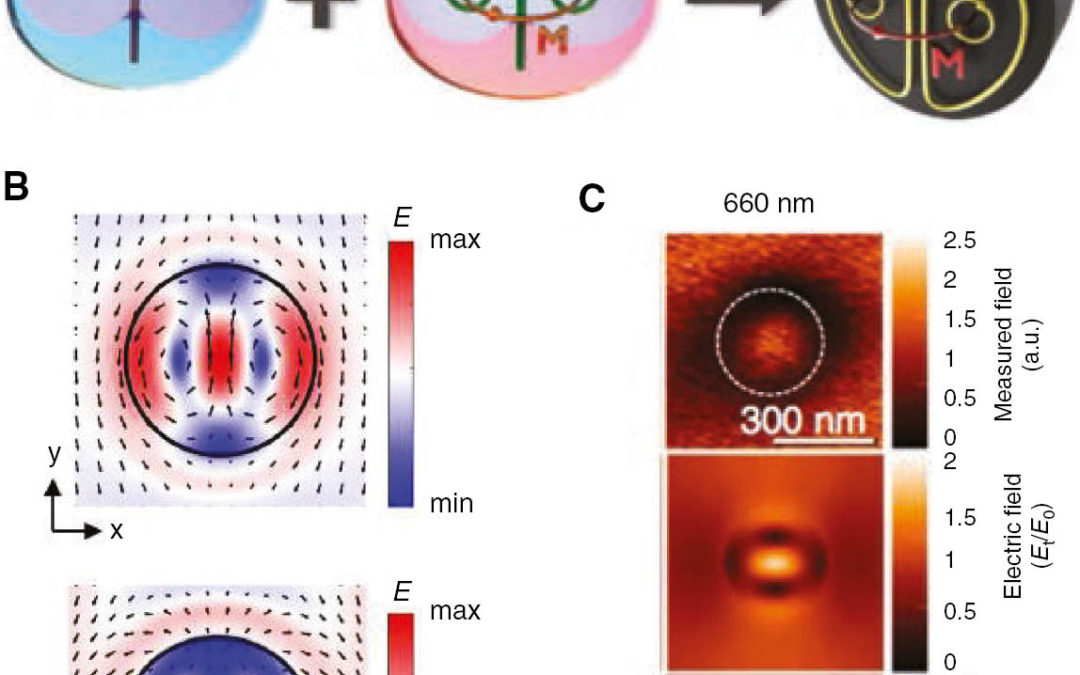Nonradiating sources of energy have traditionally been studied in quantum mechanics and astrophysics but have received very little attention in the photonics community. This situation has changed recently due to a number of pioneering theoretical studies and remarkable experimental demonstrations of the exotic states of light in dielectric resonant photonic structures and metasurfaces, with the possibility to localize efficiently the electromagnetic fields of high intensities within small volumes of matter. These recent advances underpin novel concepts in nanophotonics and provide a promising pathway to overcome the problem of losses usually associated with metals and plasmonic materials for the efficient control of light-matter interaction at the nanoscale. This review paper provides a general background and several snapshots of the recent results in this young yet prominent research field, focusing on two types of nonradiating states of light that both have been recently at the center of many studies in all-dielectric resonant meta-optics and metasurfaces: optical anapoles and photonic bound states in the continuum. We discuss a brief history of these states in optics, as well as their underlying physics and manifestations, and also emphasize their differences and similarities. We also review some applications of such novel photonic states in both linear and nonlinear optics for the nanoscale field enhancement, a design of novel dielectric structures with high-Q resonances, nonlinear wave mixing, and enhanced harmonic generation, as well as advanced concepts for lasing and optical neural networks.
Read more at: Nanophotonics 8, pp. 725-745, 2019


Recent Comments